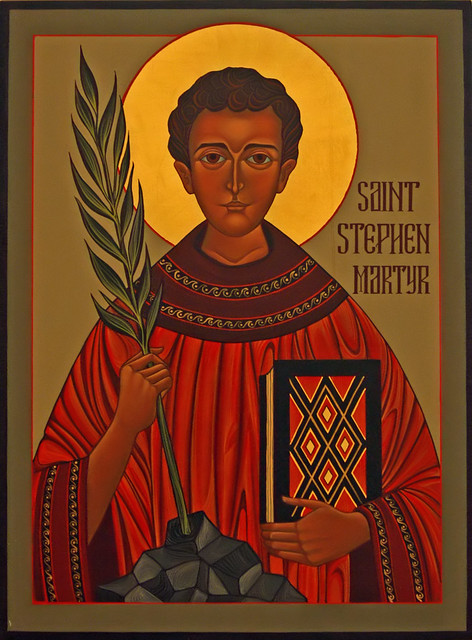The text of words spoken at the Mayor's Civic Service - marking the coronation and celebrating the diversity of communities across the London Borough of Barnet.
The Worshipful, The Mayor of the London Borough of Barnet, Cllr Alison Moore.
His Majesty’s Representative Deputy Lieutenant for the London Borough of Barnet, Martin Russell.
Councillors, faith leaders and community representatives, all who’ve gathered from across Barnet today.
The words of our opening anthem by Bruckner, Locus iste, a Deus factus est are translated as: this place is made by God.
The text continues inaestimabile sacramentum; irreprehensibilis est translated less literally as a place that is made holy - where loving-kindness, mercy, justice, compassion are made known.
That sounds like an audacious claim - but one which resonates across faith traditions trusting in the generosity and freedom of a creator God; a claim that invites human beings to use their freedom and curiosity to bring joy, comfort and hope.
It’s a claim that may resonate across other forms of life and thought - noticing when love is made visible not only in this quod but in our Borough.
Locus iste, this place, made holy: blessed, enriched, strengthened, united, fun, creative, hospitable.
At the time of his accession, King Charles talked about a moment of thanksgiving, comfort and hope, and in particular a renewed commitment to bring the margins to the centre.
Such a renewed commitment was expressed in Archbishop Justin’s words at the Coronation: ‘service’ he said ‘is love in action’.
The diversity of our Borough has been, is and will be drawn together when we put love into action. It shapes the creative arts and inspires care for the environment.
Active love embraces the lonely, anxious and vulnerable; the dreamers, activists and visionaries. Such love in action strengthens bonds across different generations, class, gender, sexuality, race, politics, language.
Service is love in action: Together we are Barnet when we give our lives for others; when we know others will be there for us when we cannot bear the weight alone.
For over 40 years, His Majesty’s charitable Trust and Foundation drew others into that work in support of education, housing, well-being, and social inclusion. By supporting individuals and communities, we too can make a pledge: to bring the margins to the centre, so that harmony, justice and equity might flourish.
Barnet Together is the conviction and commitment that our society might be strengthened through the choices we make and action we commit to. Our diversity can bind us together in love that serves and hope that becomes reality.
Today, as we sing God save the King, may we also ask a blessing on the people of this Borough. That Barnet may indeed be inaestimabile sacramentum: blessed in its diversity.
© Julie Gittoes 2023
Prayer for the King’s Majesty: O Lord our heavenly Father, high and mighty, King of kings, Lord of lords, the only Ruler of princes, who dost from thy throne behold all the dwellers upon earth; most heartily we beseech thee with thy favour to behold our most gracious Sovereign Lord, King Charles; and so replenish him with the grace of thy Holy Spirit, that he may alway incline to thy will, and walk in thy way: endure him plenteously with heavenly gifts; grant him in health and wealth long to live; strengthen him that he may vanquish and overcome his enemies; and finally, after this life, he may attain everlasting joy and felicity through Jesus Christ our Lord. Amen.
And the Royal Family: Almighty God the fount of all goodness, we humbly beseech thee to bless Camilla the Queen, William Prince of Wales, the Princess of Wales, and the Royal Family. Endue them with thy Holy Spirit; enrich them with thy heavenly grace; prosper them with all happiness; and bring them to thine everlasting kingdom; through Jesus Christ our Lord.
Prayer for the Mayor and the Borough of Barnet: Send forth, O Lord our God, your Spirit of Wisdom and Right Counsel to fill the hearts and minds of our Mayor, Councillors and Officers of this Borough of Barnet. Strengthen them in the pursuit of what is just, merciful, good and joyous for the sake of our communities. May their service be love in action. Amen.
Blessing: The Lord bless you and keep you, the Lord make his face to shine upon you and be gracious to you. The Lord lift up the light of his countenance upon you and give you his peace. Amen.

